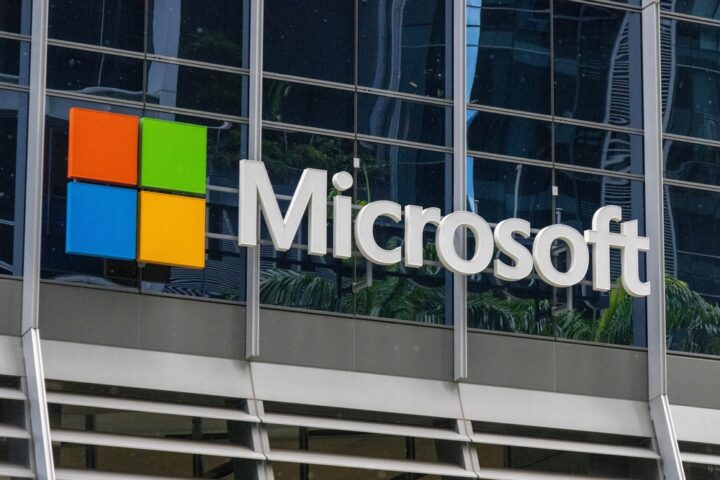Gaming giant splits top franchises into new subsidiary
Ubisoft shares swung wildly on Friday after the company revealed plans to carve out some of its most valuable video game franchises into a new subsidiary backed by Chinese tech conglomerate Tencent.
The French publisher announced Thursday that Tencent would invest €1.16 billion ($1.25 billion) into the new unit, which will house blockbuster titles like Assassin’s Creed, Far Cry, and Tom Clancy’s Rainbow Six.
Initially, Ubisoft stock surged 11% on the news, but later reversed course, ending the day down 2%.
New unit valued at €4 billion
Ubisoft stated the Tencent deal values the spin-off at €4 billion—more than double the company’s current market capitalization. The new entity will focus on building evergreen, multi-platform ecosystems around its hit franchises.
The structure is seen as innovative by some analysts. Piers Harding-Rolls from Ampere Analysis said the deal emphasizes the value of Ubisoft’s top franchises while avoiding direct control by Tencent—at least on paper. However, he added that Tencent would likely wield growing influence, especially in mobile and PC gaming.
Investor uncertainty remains
The spinoff comes as Ubisoft struggles to reassure investors after years of delays, financial losses, and poor game performance. In February, the firm reported a 52% drop in net bookings for Q3. Meanwhile, the recently launched Assassin’s Creed Shadows received decent reviews, scoring 82 on Metacritic.
Despite the optimism, analysts from TD Cowen remain skeptical. They argue the move adds complexity and is partly driven by the Guillemot family’s intent to retain control over the parent company. They question the remaining value of Ubisoft’s portfolio once its crown jewels are carved out.
Michael Pachter of Wedbush Securities echoed those concerns, calling Ubisoft’s management “overly optimistic.” He emphasized that the core company is still weighed down by high operating costs and debt, and spinning off successful IPs won’t fix that.
The transaction is expected to close by the end of 2025, subject to regulatory approvals.







